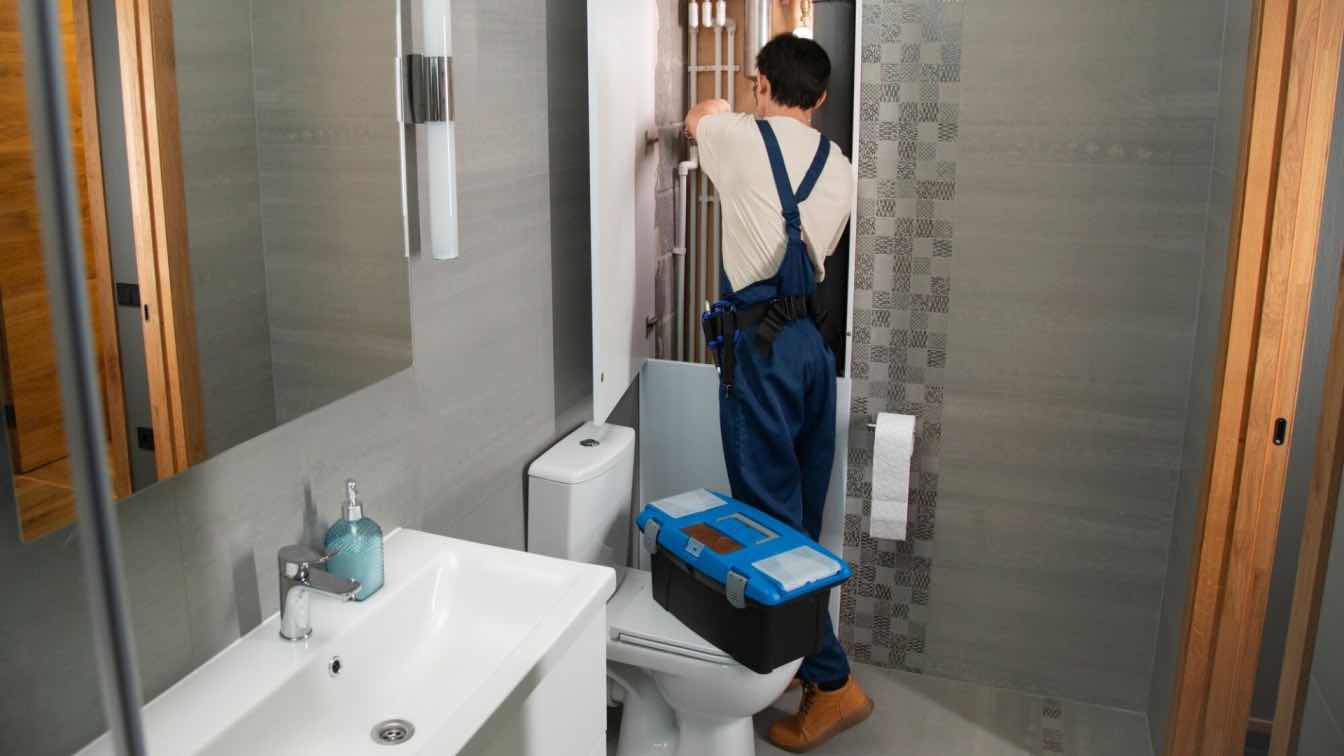Remediation services play a crucial role in addressing environmental issues and ensuring public safety across various states in the United States.
Understanding the statewide regulations governing these services is essential for compliance, navigating challenges, and seizing opportunities in this industry.
Statewide Regulations Overview
Each state in the U.S. has its own set of regulations and standards for remediation services, aiming to protect human health and the environment.
These regulations cover a wide range of activities, including soil remediation, groundwater cleanup, hazardous waste management, and air quality control. Compliance with these regulations is mandatory for companies operating in the remediation services sector.
Compliance Requirements
One of the primary aspects of statewide regulations for remediation services is compliance with environmental laws and guidelines.
Companies involved in remediation must obtain necessary permits, licenses, and certifications to conduct their operations legally. These may include permits for hazardous waste handling, water discharge, air emissions, and site remediation activities.
Adhering to compliance requirements ensures that remediation projects are conducted safely and responsibly.
Challenges in Compliance
Despite the importance of compliance, the remediation industry faces several challenges in meeting regulatory standards.
One significant challenge is the complexity of regulations, which vary from state to state and often undergo updates and revisions. Keeping up with these changes requires continuous monitoring and adaptation by companies, which can be resource-intensive.
Additionally, the cost of compliance, including acquiring permits and implementing environmental controls, can pose financial challenges for smaller firms in the industry.
Environmental Impact Assessment
Statewide regulations also emphasize the need for thorough environmental impact assessments before and during remediation projects.
These assessments evaluate the potential risks and impacts of contamination on ecosystems, water sources, and human health.
Remediation companies must conduct comprehensive assessments using scientific data and risk assessment methodologies to develop effective remediation plans.
Opportunities for Innovation
Amidst the challenges, statewide regulations create opportunities for innovation and technological advancements in the remediation industry.
Companies that invest in research and development of eco-friendly remediation technologies, such as bioremediation and nanoremediation, can gain a competitive edge while meeting regulatory requirements.
Collaborations with environmental agencies and academic institutions can also lead to new solutions for sustainable remediation practices.
Community Engagement and Public Awareness
Statewide regulations often encourage community engagement and public awareness initiatives related to remediation projects.
Companies are required to communicate with local residents, stakeholders, and regulatory authorities to ensure transparency and address concerns regarding remediation activities.
Public education campaigns about environmental protection and remediation efforts can foster a sense of environmental responsibility and support for remediation projects.
Regulations Across the US
New York
In New York, remediation services are governed by the New York State Department of Environmental Conservation (NYSDEC). Companies operating in this sector must comply with the Environmental Conservation Law and obtain necessary permits for activities such as hazardous waste management and soil remediation. The state emphasizes the importance of conducting thorough environmental impact assessments to evaluate risks to water sources and ecosystems.
Opportunities in New York include collaboration with research institutions in cities like New York City, Albany, and Buffalo, leading to innovative remediation technologies. Companies can also benefit from participating in state-funded environmental initiatives and grants, as well as networking opportunities at industry conferences and events.
California
The California Environmental Protection Agency (CalEPA) oversees regulations for air quality, hazardous waste, and water pollution control in the remediation services industry. Companies must adhere to the California Environmental Quality Act (CEQA) for environmental impact assessments and obtain permits from the Department of Toxic Substances Control (DTSC) for hazardous waste remediation.
Opportunities in California include access to advanced environmental research and development centers in Silicon Valley, participation in the California Green Business Network for recognition and support in implementing sustainable practices, and collaboration with universities and industry experts in cities like Los Angeles and San Francisco.
Pennsylvania
Remediation activities in Pennsylvania are regulated by the Pennsylvania Department of Environmental Protection (PA DEP) under the Pennsylvania Code. Companies must comply with the Land Recycling Program (Act 2) for brownfield redevelopment and site remediation, as well as obtain permits from PA DEP for air quality management and waste disposal during remediation.
Opportunities in Pennsylvania include participation in state-funded brownfield redevelopment programs, networking opportunities at environmental conferences and workshops in places like Philadelphia, Plymouth, and Pittsburgh, and access to grants and incentives for implementing sustainable practices like stucco remediation alongside green technologies.
Florida
The Florida Department of Environmental Protection (FDEP) oversees remediation activities in Florida under the Florida Statutes. Companies operating in this sector must obtain permits for hazardous waste management and stormwater runoff control, and comply with the Florida Brownfields Redevelopment Program for contaminated site cleanup and redevelopment.
Opportunities in Florida include participation in the Florida Green Lodging Program for recognition and support in sustainable practices, collaboration with research institutions and environmental agencies in cities like Miami and Orlando for innovative solutions, and access to state-funded grants and incentives for environmental compliance and pollution prevention measures.
Washington
In Washington, the Washington State Department of Ecology (WSDOE) sets regulations for water quality, hazardous waste, and cleanup standards in the remediation services industry. Companies must comply with the Model Toxics Control Act (MTCA) for contaminated site cleanup and obtain permits from WSDOE for activities such as wastewater treatment and soil remediation.
Opportunities in Washington include collaboration with research institutions and environmental agencies, access to state-funded grants and incentives for environmental compliance, and participation in industry events and workshops focused on sustainable remediation practices.
Conclusion
Statewide regulations for remediation services play a crucial role in ensuring environmental protection, public health, and sustainable development.
While compliance with these regulations presents challenges, it also fosters opportunities for innovation, community engagement, and positive environmental impact.
By understanding and adhering to statewide regulations, remediation companies can contribute to a cleaner, safer, and more sustainable future.





